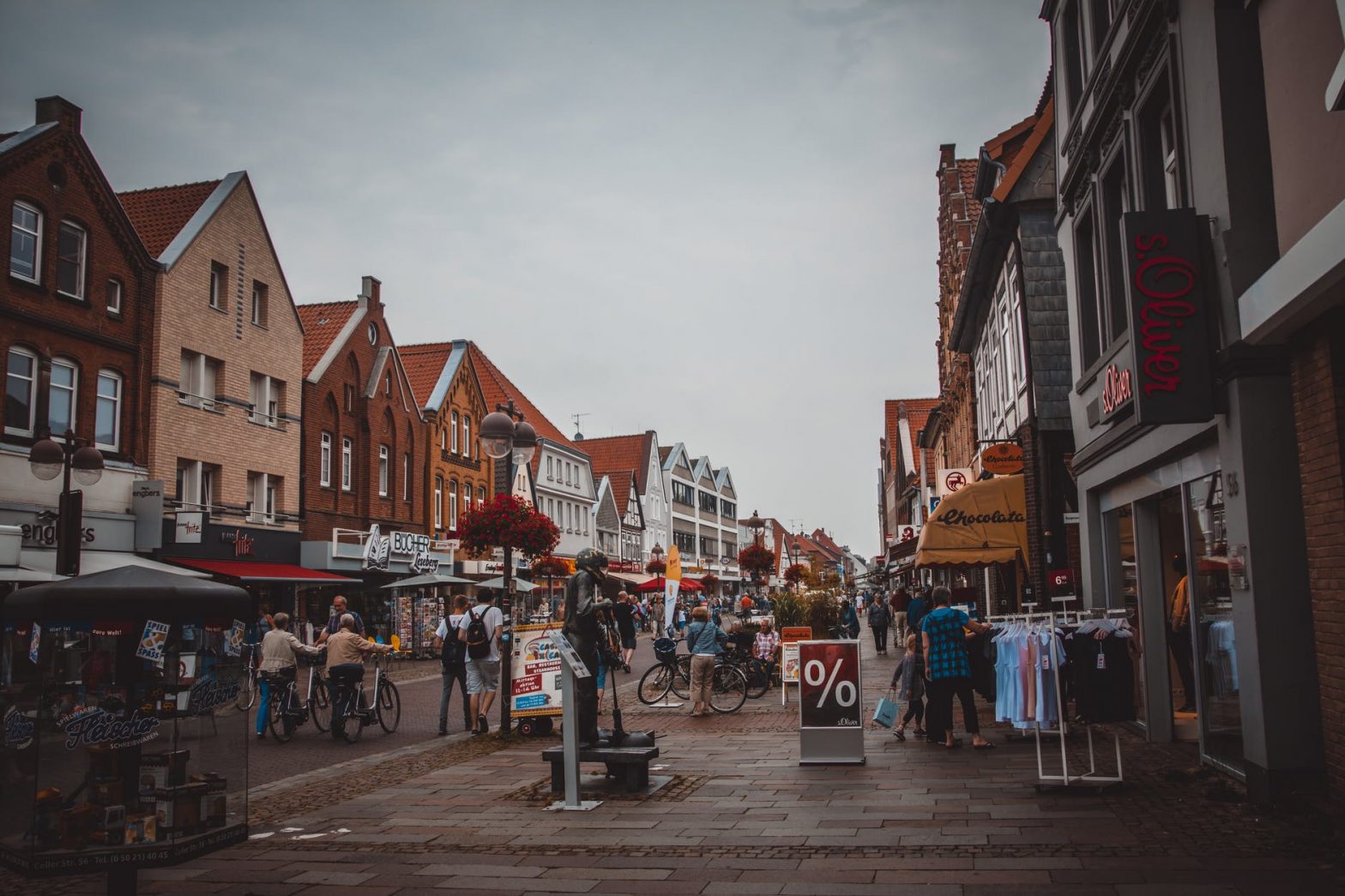Planning use classes are the legal framework which determines what a particular property may be used for by its occupants. In England, these are contained within the provision of Town and Country Planning (Use Classes) Order 1987.
On the 21st July 2020, the government published The Town and Country Planning Regulations 2020 which will come into force on the 1st September 2020. Some important changes have been made and new classes introduced, meaning that certain categories now allow different uses of the land, but there will be a transitional period until 31st July 2021 where the former use classes will still apply to land and buildings for the purposes of the GPDO. Until then, people are able to use the land in-line with the old use category or the updated one.
Why the need for the update?
The government considers a complete overhaul necessary to better reflect the diversity of uses found on high streets and in town centres and to provide the flexibility for businesses to adapt and diversify to meet changing demands. This is particularly important at the present time as town centres seek to recover from the economic impact of Coronavirus.
Essentially, as time goes on, new needs and demands arise, and rules on what can happen in certain locations must adapt and change to cater to these needs.
What are the new Use Classes?
Use Class E – Commercial, Business and Service
This use class brings together existing classes A1(shops), A2 (financial and professional services), A3 (restaurants and cafes) and B1 (business) as well as parts of classes D1 (non-residential institutions) and D2 (assembly and leisure) into one single use class to allow for changes of use without the need of planning permission, making things a lot easier. However shops and facilities which are deemed as being important to the local community have been placed into Use Class F2 (Local Community), which we will talk about later.
Use Class F1 – Learning and non-residential institutions
This use class brings together some elements of the educational, non-residential Use Class D1 namely, schools, colleges etc., galleries, museum, public libraries, public hall or exhibition hall and churches etc. It makes sense to have these types of buildings under the same roof, so to speak, as they have many similarities in terms of how people use them and understand them.
Use Class F2 – Local community uses
This one can be thought of as the ‘community conscious’ category. This use class is designed to protect local community assets and include shops smaller than 280 m² and without another shop within 1,000 m², a hall or meeting place for the primary use of the local community (was use class D1), outdoor sport or recreation locations (was D2(e) use class) and swimming pools or skating rinks (was D2(e) use class).
Cinemas, concert halls, pubs, wine bars and takeaways will become a sui generis use (meaning ‘of its own kind’) with no permitted changes.
Benefits and issues
On the whole, these changes are quite positive for most people. Buildings will be able to go from being used as shops, restaurants, cafés, clinics, crèches, banks, offices, light industrial, indoor sports to another use all within the new Use Class E. It is a lot simpler. It will, for example, allow Starbucks to open new branches where previously they needed permission to convert a shop. It will remove the ‘middle man’ from the equation.
On the other hand, some items have been moved to sui generis, that were in one use class. The means that under the new use classes it will no longer be possible to move from a cinema to bingo hall or dance hall.
What do we think?
These changes seem to go further to recognise that a building may be in a number of uses simultaneously or that a building may be used for different things at different times of the day. Changes to another use, or mix of uses, within these classes do not require planning permission, which is a good thing for a lot of people who want to alter or add to the use of a building. Also, bringing certain uses together and allowing movement between them will give businesses enhanced freedom to adapt to changing circumstances and to respond more effectively to the diverse needs of their communities.
For the government legislation on this topic, follow this link.
Need advice? We are here to help!
In the meantime, we are operating as usual, and you can reach us on 020 7928 0276 or email in to info@lisaslaw.co.uk for any questions you may have on this topic.
Or, why not download our free app today? You can launch a new enquiry, scan over documents and much more.
If you have an iPhone, follow this link to download.
If you use an Android phone, follow this link to download.
Find the link here if you need some further instructions on how to use our new app!




Thanks for sharing. I read many of your blog posts, cool, your blog is very good.